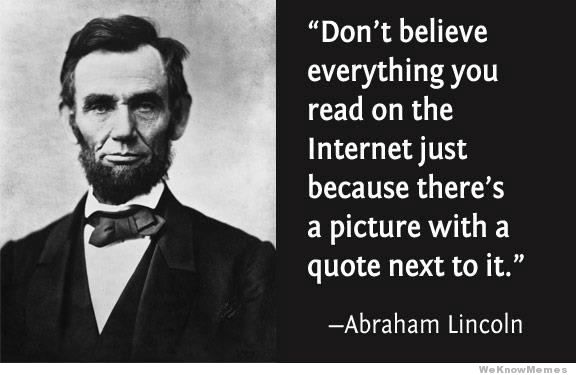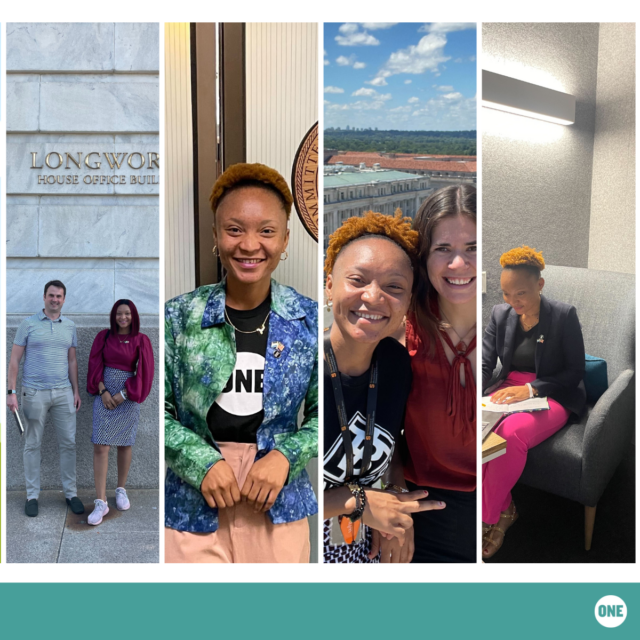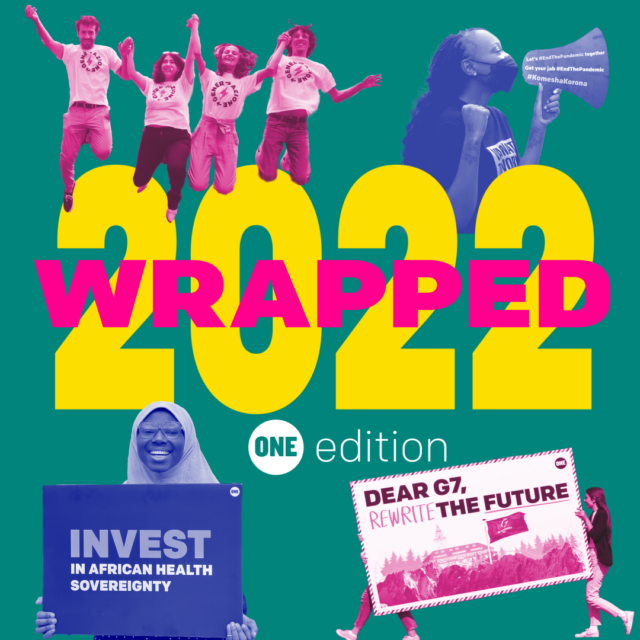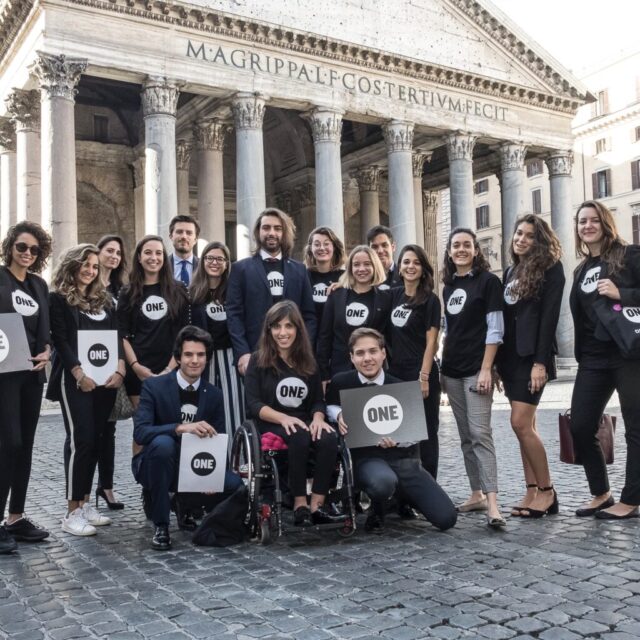By Elliott Stein, ONE member, United Kingdom

Graphic: weknowmemes.com
Times have changed dramatically. We no longer sit in front of the television every evening and watch the news religiously. We don’t wait for each morning to arrive to eat breakfast while reading the newspaper.
Nowadays, the combination of mobile devices and increasingly busy lives mean we digest our news on the go. People turn to Facebook, Instagram and Twitter for news as it happens: you could go as far as to call it a “news revolution.”
The question is, how reliable is this new source?
This instant access has shortened the lifespan of news. Stories can pick up steam and receive mass coverage through a few taps on a screen, but with the amount of news being pushed towards us we lose interest just as quickly.
Research conducted by Pew Research Center states that at least 50% of social media users have shared a news-related story, image or video; and 46% of users discuss current events on these channels. And with the technology we now have at our fingertips, we are all becoming news reporters. Stories are being broken before the traditional media even get a chance to arrive at the scene. Look no further than the outbreak of Ebola or the riots in Ferguson, Missouri.
As useful as social media is for breaking news stories fast, it can also break the news.
For example, during the recent Ebola outbreak in Nigeria, a hoax text urging people to drink excessive amounts of salt water to prevent the disease went viral, with serious consequences – it led to two deaths and over 20 people being hospitalised. The rumor came to a halt just as quickly, thanks to a government campaign that cleared up misconceptions.
After the first diagnosis of Ebola in the US last month, mentions of the virus there went from 100 tweets per minute to over 6,000. Social media helped create many misconceptions about the virus at the same time, like this far-fetched story about Ebola victims turning into zombies.
Gilad Lotan, from digital technology group SocialFlow, has carried out research to understand “misinformation in the new media ecosystem,” and asks the question: “Does misinformation always spread further than the correction?”
He concludes, “Not necessarily. I’ve seen it go either way. But I can safely say that the more sensationalised a story, the more likely it is to travel far”.
Even prior to the social media boom we were often victims of a “single story,” especially when that story related to Africa. Watch Chimamanda Ngozi Adichie explain this in her incredible TED Talk.
You only have to look as far as the clichéd depiction of Africa as poor, helpless or violent. African students in the US have set up campaigns to combat misconceptions about their home continent, and several organizations have been actively working to dispel the stereotypes over the years but it is a uphill battle. The good news is, social media makes it easy to tune in to different voices if you know where to look.
So where do you go for news you can trust? Here are 3 ways you can take responsibility for the news you consume and share:
- Think before you repost breaking news. Is it coming from a respected news source? Try searching for other mentions of the story – if it’s a hoax, people are often already pointing this out.
- Subscribe to a variety of news channels to get different perspectives. African and Asian news channels will often report global stories in a very different way. Try All Africa, Al Jazeera or Newstime Africa.
- Follow bloggers or citizen journalists for more personal and interesting opinions. Try Global Voices, Vision On TV, or check out the winners of the 2014 Africa Blogger Awards.



